QUICK LINKS: Practice Support Tools | Patients | Find a Neuro-Ophthalmologist | NOVEL | YONO Portal | Our Journal | Fellowships
2021 AAO Advocacy Ambassador Program
Posted: 06/23/2021
Category: Members in the News
NANOS sponsored 2 fellows as Advocacy Ambassadors (Alexis Flowers and Sravanthi Vegunta) to participate in the AAO L.E.A.P. (Leadership, Engagement, Advocacy, and Practice) Forward program. Dr. Flowers was also selected to participate in the AAO Congressional Advocacy Day on May 5th.
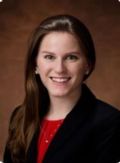
1. Which activities were most relevant and why? All of them!
2. What additional guidance or sessions were provided to you as an Advocacy Ambassador? The virtual format unfortunately limited some of the ability to network. However, there were plenty of people offering advice about private equity, etc. Many opportunities to answer questions in the prep zoom course for meeting with the Senators.
3. How were the interests of neuro-ophthalmology represented in the sessions? There were multiple: Prior authorizations; Physician reimbursement; keeping quality care at the VA for resident education. For those in private practice: private equity. Dr Prem Subramanian discussed guidelines for vision testing as it relates to driving licensure at the Spring Council Meeting.
4. What changes in your practice or advocacy efforts will you make based on what you learned throughout the program? Will volunteer next year again. I enjoyed being educated and having an opportunity to make a difference. Post pandemic, will try and network with my local representatives.
5. What advance reading or preparation would you recommend for future Ambassadors to make the meeting more fruitful? None required. Optional material may be information from the prior year (as some bills and topics come up again and seem to build on each other from prior experience). Education about what transpired at the last mid year forum may be helpful but was not necessary.
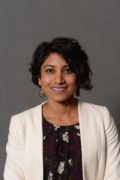 Here's Dr. Vegunta's report:
Here's Dr. Vegunta's report:
1. Which activities were most relevant and why? I really enjoyed meeting with my senator’s staffer and discussing the issues such as scope of practice, funding for NEI/NIH/DOD, and prior authorizations. Our resident advocacy ambassador and I gave specific personal examples of why the above issues are important to physicians and patients.
2. What additional guidance or sessions were provided to you as an Advocacy Ambassador? We did not have additional sessions. However, I was able to provide our resident advocacy ambassador with guidance on how to approach the meeting with our senator’s staffer based on my prior experience at Mid Year Forum and meeting with our reps. That was a very rewarding experience, so she can orient residents next year.
3. How were the interests of neuro-ophthalmology represented in the sessions? I think prior authorizations are important for neuro-ophthalmologists as we frequently need to get lumbar punctures and imaging for patients. We also perform specialized tests such as VEPs, ERGs, and sfEMGs.
4. What changes in your practice or advocacy efforts will you make based on what you learned throughout the program? I would like to meet at least annually with my local representatives to discuss these issues and make them aware of scope of practice battle topics that our local optometry association might present. I also think it is important to make sure our representative are aware of the differences in training between optometrists and ophthalmologists.
5. What advance reading or preparation would you recommend for future Ambassadors to make the meeting more fruitful? I think it would be helpful to be oriented to the organization of the meeting itself. The were single sessions and half days that were mostly AAO advocacy-related rather than business-related. It would be nice to know ahead of time, which sessions are specifically related to advocacy.
It would have also been helpful to know how many meetings we were going to have with our senators and representatives ahead of time. We only had a single half hour meeting, but I had taken the whole day off of work.







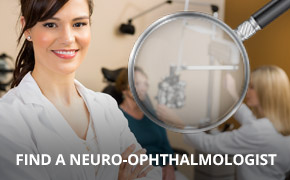
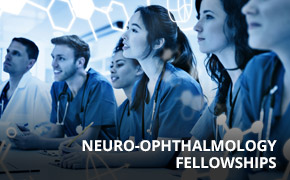
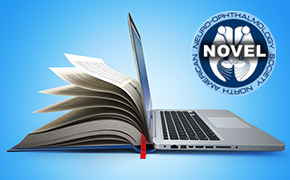
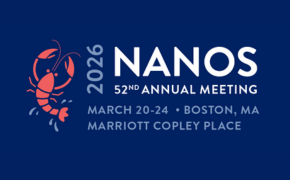
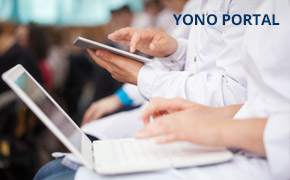
_200x72(1).png)